XLVII Reunión de Estudios Regionales. Challenges, policies and governance of the territories in the post-covid era
Information for the workshops
- “Estimation of regression models with georeferenced data“. Imparted by Miguel Gomez de Antonio. Associate Professor at the Complutense University of Madrid. Institute of Fiscal Studies
Goal
The main objective of the workshop is to present a methodology that estimates regression models to explain the distribution of a pattern of georeferenced events. This methodology overcomes the problem of the Modifiable Area Unit (MAUP) since it considers the space as a continuous plane, where neither the dependent variable nor the explanatory variables have an administrative delimitation of the territory.
The dependent variable in the regression models is the conditional probability of finding an event at any point in the territory, given that the geographic location of the rest of the spatial pattern of points is known. The model makes it possible to identify the factors that have given rise to a certain distribution of points in space. These models have barely begun to be used in the field of social sciences, so they have great potential for future growth.
To interpret the results of the models, the results of a regression model that quantifies the explanatory factors of the location of a set of companies is estimated and interpreted.
Contents
Estimation of regression models for georeferenced data:
Introduction to spatial data: sources, types and problems
Statistical models to analyze business location
Model estimation
Specification Diagnostics
Practices with the statistical software R
Introduction to the Spatstat package
Creation of explanatory variables
Estimation of a model
2. “The conditioned simulation as a tool for analysis of environmental risks in the territory“. Imparted by José Luis Romero Bejar. Department of Statistics and Operations Research UGR
